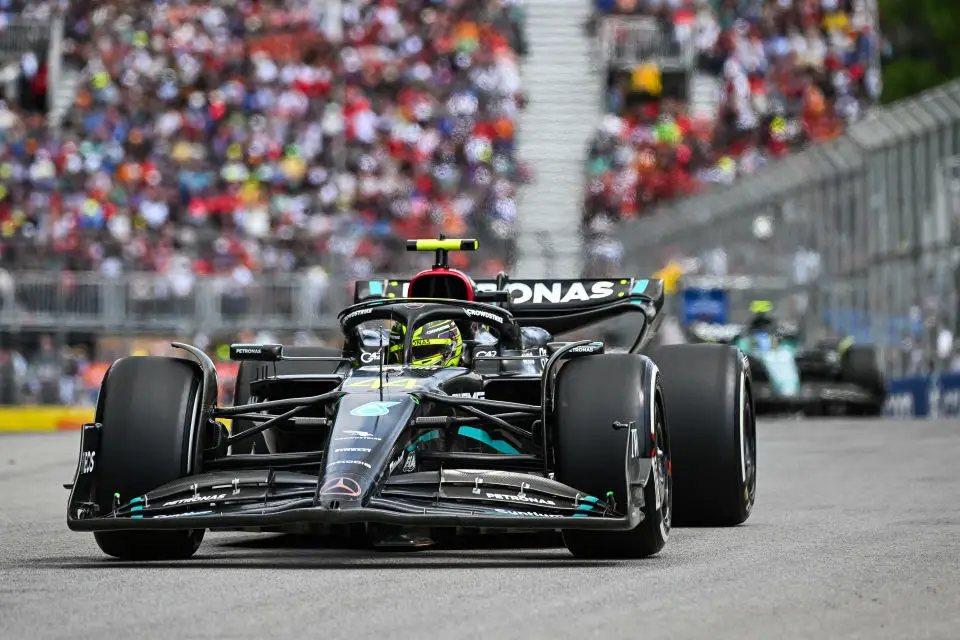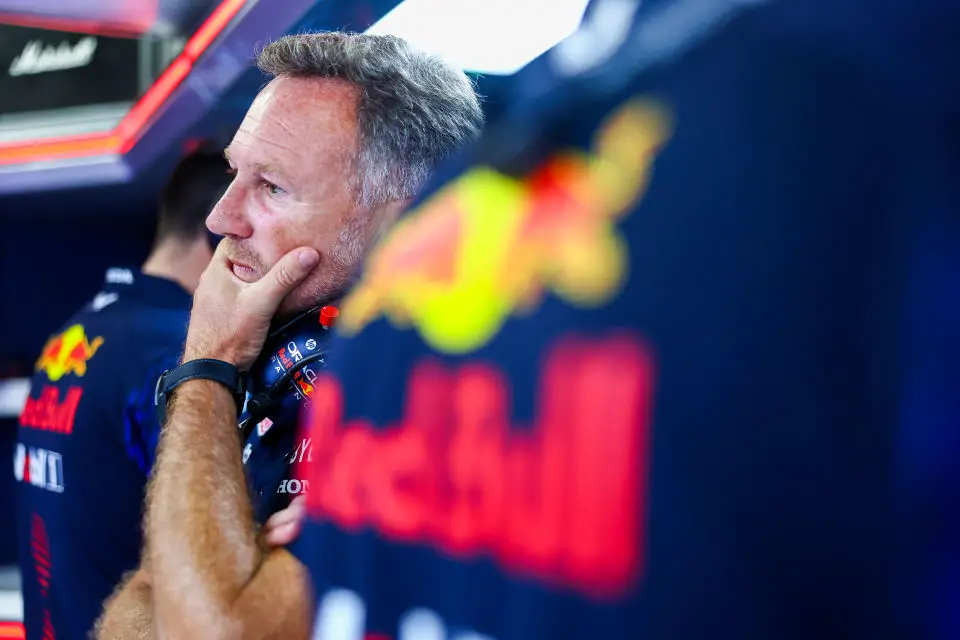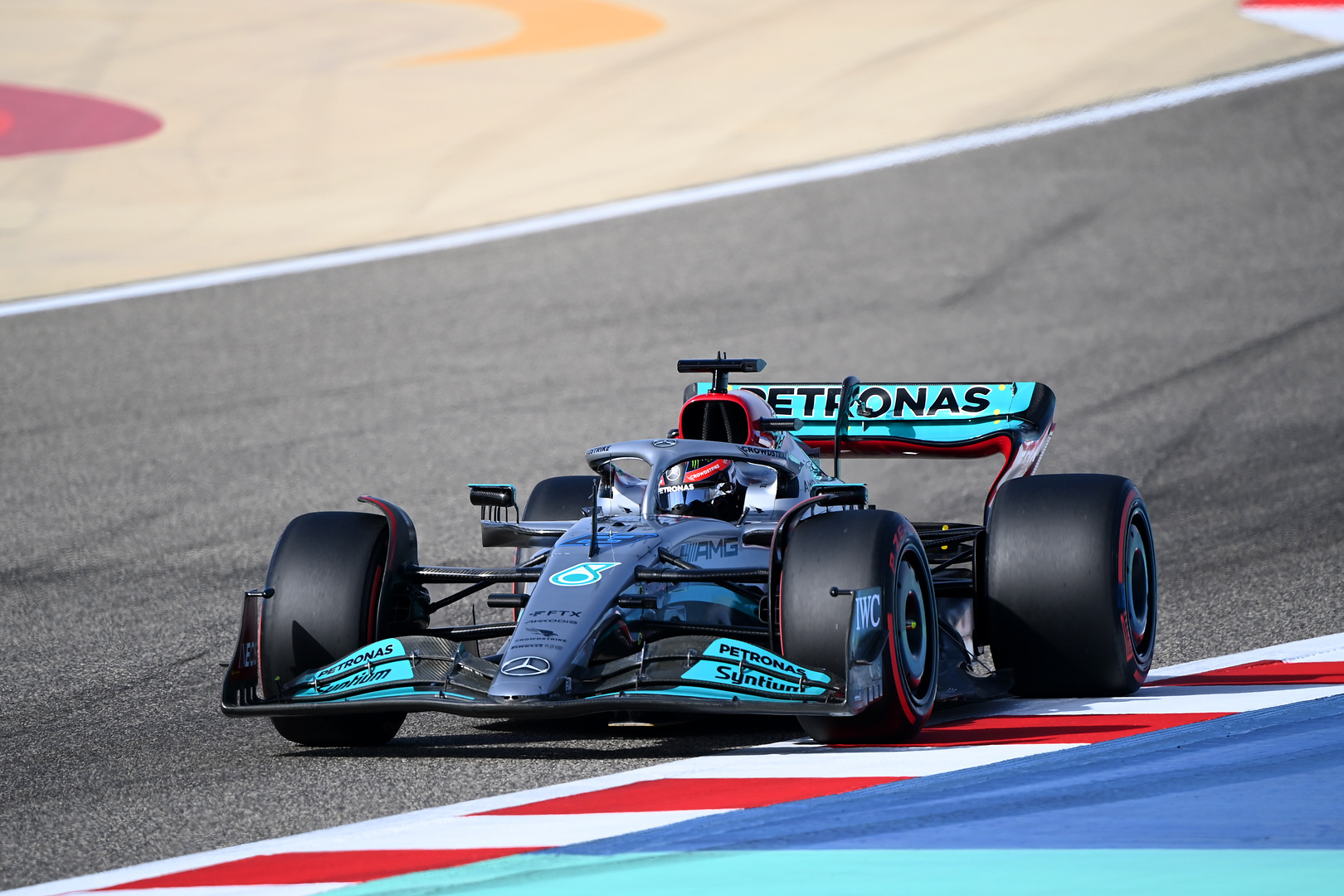Red Bull’s Path to Victory: A Mathematical Breakdown of Winning the Constructors’ Championship at Singapore GP
Red Bull stands on the brink of clinching the Constructors’ Championship at the upcoming Singapore GP. Their dominance this season could pay off if they outmaneuver Mercedes, despite the latter’s potential advantage on the Marina Bay Street Circuit.
Key Takeaways:
- Red Bull’s Dominance and Mathematical Edge: Red Bull’s remarkable performance throughout the season, winning every race, places them 310 points ahead of Mercedes. They need to extend their lead to 353 points after the Singapore GP to secure the championship, a milestone they can achieve with a 1-2 finish and the fastest lap, depending on Mercedes’ performance.
- Mercedes’ Role in Red Bull’s Fate: Ironically, Red Bull’s chances of winning hinge on Mercedes scoring one point or less if Red Bull secures a 1-2 finish with the fastest lap. Without the fastest lap, Red Bull would need Mercedes to score zero points.
- Circuit Challenges and Team Strategies: The Marina Bay Street Circuit’s tight and tricky layout might favor Mercedes’ W14, contrasting with Red Bull’s RB19, which excels on faster tracks. However, strategic prowess will ultimately determine the outcome.


As the Formula 1 circus descends on Singapore, all eyes are on Red Bull and their quest to win the Constructors’ Championship with an unprecedented seven Grands Prix to spare. The Milton Keynes-based team has shown a level of dominance rarely seen in the sport, winning every race this season. Their current tally of 583 points places them a massive 310 points clear of their closest rivals, Mercedes.
The arithmetic of Formula 1 points plays a crucial role in this potential victory. Red Bull could seal the championship by extending their lead to 353 points over Mercedes after the Singapore GP. Given the remaining seven races in the season, including three sprint races, a total of 353 points are still up for grabs.
However, Red Bull’s road to victory in Singapore is not solely in their hands. They must achieve a 1-2 finish to gain their share of 43 points. Yet, their fate paradoxically depends on Mercedes’ performance. If Mercedes scores more than one point (assuming Red Bull secures the fastest lap), Red Bull’s celebration will have to wait.
The permutations for Red Bull’s victory are clear yet laden with ifs and buts. They need a 1-2 win with the fastest lap, while Mercedes scores no more than one point. Alternatively, a Red Bull 1-2 without the fastest lap requires Mercedes not to score at all.
Adding to the drama, the Marina Bay Street Circuit might tilt the scales in Mercedes’ favor. Its demanding layout could play to the strengths of their W14 car, in contrast to Red Bull’s RB19, which is more suited to high-speed tracks. Nonetheless, the unpredictability of F1 means that strategies and race-day dynamics could turn the tide in any direction.
In summary, the Singapore GP presents a fascinating interplay of mathematical possibilities, team strategies, and circuit characteristics. Red Bull’s potential victory is as much about their on-track performance as it is about Mercedes’ results, embodying the intricate and often ironic nature of Formula 1 competition.




